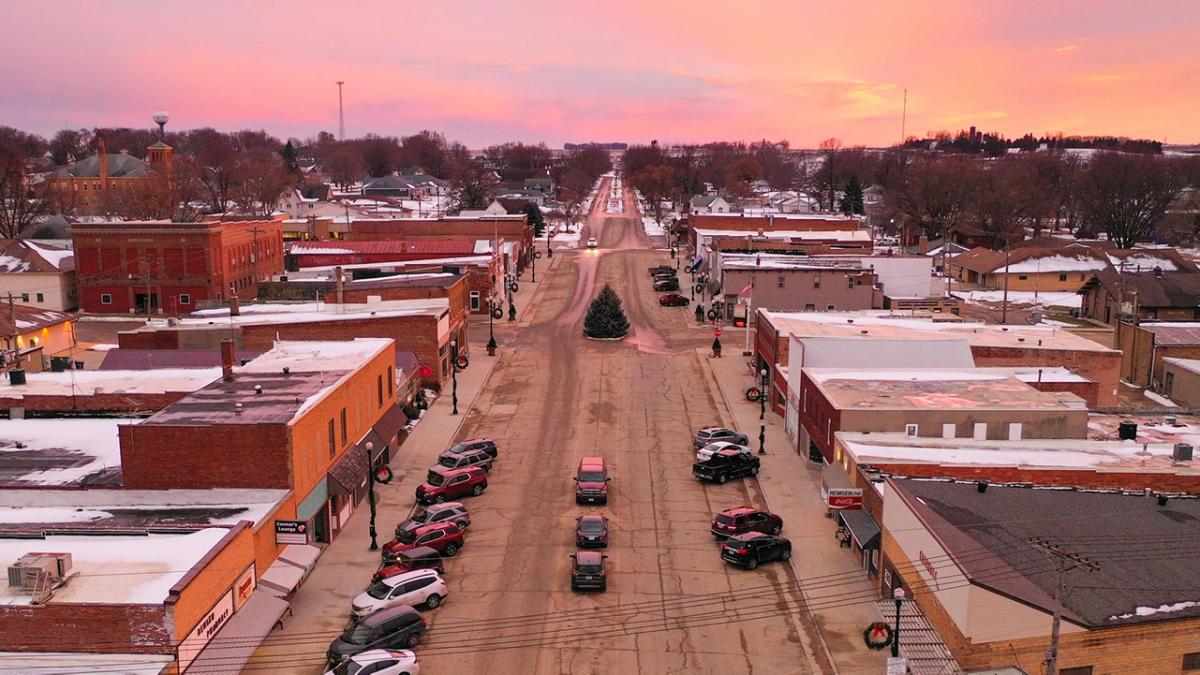Josh Berendes/Unsplash
Communities are increasingly facing challenges with maintaining and supporting locally based stores and properties on Main Street. As older business and property owners retire, the long-term viability of the Main Street or small businesses comes into question. If Main Street declines, buildings will decrease in value, and it becomes difficult for businesses to succeed. This, in turn, can increase apathy in the community. Often, communities wait for traditional developers or a group of investors to address the challenges. Real estate investment cooperatives are a way to include residents and individuals in the community to take steps to stop dilapidation, create opportunity and realize revitalization success.
What is a Cooperative?
An autonomous association of persons united voluntarily to meet their common economic, social and cultural needs and aspirations through a jointly owned and democratically controlled enterprise. (Source: International Cooperative Alliance Statement of the Cooperative Identity).
Cooperatives may be formed to:
- Provide a service or fill a need in the community.
- Reduce individual investment risk.
- Expand investment capacity.
- Enhance economic opportunities.
- And, more…
Traditional cooperatives are focused on user-benefits. A real estate investment cooperative is focused on community benefit. The investment cooperative is an innovative approach to working together to make things happen. The model is emerging and is an approach that fits under Nebraska’s cooperative law
(Neb. Rev. Stat. § 21-1305; Neb. Rev. Stat. § 21-1404; Neb. Rev. Stat.§ 21-2926).
It is critical that communities answer the question of the “benefit” that a real estate investment cooperative exists as that will be a key part of the development process. The following are examples of real estate investment cooperatives and the reason they formed:
- Investment Club: A small, focused group with ability to aggregate its own resources. Example: Sangudo Opportunity Development Co-Op.
- Community DIY: Membership drawn from the broader community, with focus on DIY capital from members. Example: Northeast Investment Cooperative
- Member wealth-building: Focus on providing member-occupants with stable access to. space and opportunity to build equity. Example: Housing Co-ops, Resident-Owned Communities.
- Community wealth-building: Development of land/building that seeks to decouple capital and community control, for benefit of the entire community. Example: East Bay Permanent Real Estate Cooperative.
Reasons for Choosing a Real Estate Investment Co-op
The reasons an investment cooperative will form will vary based off the benefits that are desired. The following are reasons identified for a community that is exploring a Do It Yourself approach in Nebraska.
- Community members are asking why more is not currently being done to address dilapidated and underutilized property.
- There are property challenges within the community that are difficult for most individuals to revitalize on their own but could be handled by a collective group with less individual risk.
- There is a team of people interested and willing to spend the time and energy to develop an entity to invest in unmet community needs.
- There is desire to engage residents who are not typically asked or involved.
- There is an opportunity to foster community pride through community investment.
- There are partners (government and/or financial institutions, etc.) willing to assist on projects.
To learn more about investment cooperatives visit Investment Cooperatives | Nebraska Cooperative Development Center (unl.edu).
Source: Introduction to Real Estate Development Co-ops Webinar on May 13, 2021. Presented as part of series with Cooperative Development Services - Investment Cooperatives | Nebraska Cooperative Development Center (unl.edu).


